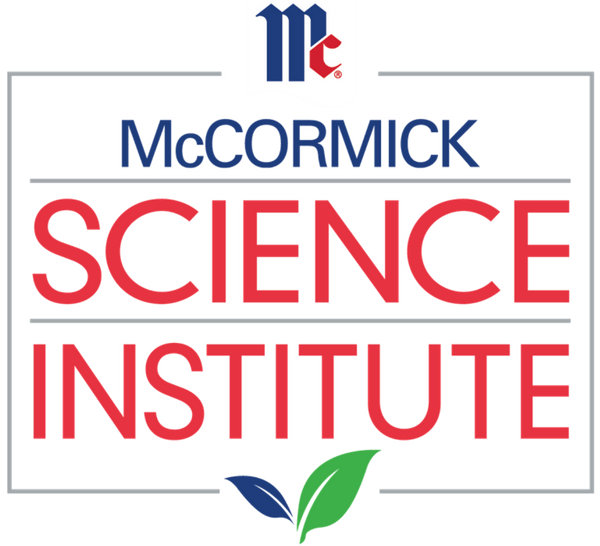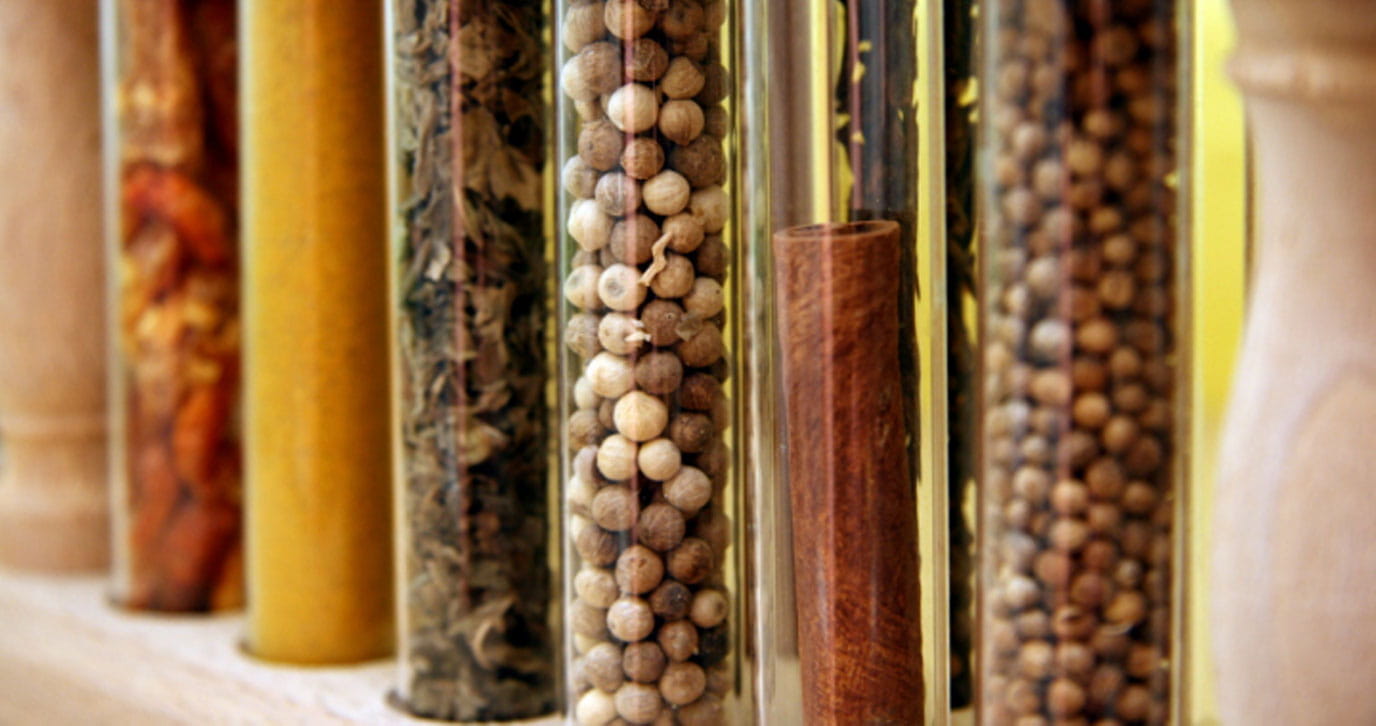November, 2024
Nutrition Education in Primary Care: Comparing Video vs Handout InterventionsVegetable Intake in People With Type 2 Diabetes
Flora Mendoza, MS, RD, LDN; Justine Karduck, PhD, RDN, LDN, CDCES; Karen Chapman-Novakofski, PhD, RDN

Objectives
The purpose of this study was to quantify vegetable intake in people with type 2 diabetes identify influencing factors and determine whether intake was associated with hemoglobin A1c (HbA1c).
Methods
Adults with type 2 diabetes (n = 50) completed a vegetable intake survey, supplemented with data from the parent study, Real People With Diabetes (RPWD). The RPWD study was a longitudinal study following patients with type 2 diabetes for 12 months.
Results
Total vegetable intake was not significantly associated with HbA1c. Intake met recommendations (34%) more than the national average (9.3%; Centers for Disease Control and Prevention, 2017) and was significantly associated with length of type 2 diabetes diagnosis (B[SE] = 0.611 [0.287]; P < 0.05) and vegetable variety.
Conclusions
Counseling sooner after diagnosis to increase variety could improve diet quality but by itself may not affect HbA1c.
Reference
Mendoza, F, Karduck, J, Chapman-Novakofski, K. Vegetable Intake in People With Type 2 Diabetes. Topics in Clinical Nutrition. 39:320–330. 2024.






